STEM Communities Learning Assistant Program Project News
Fall 2022 Newsletter
This issue of the STEM Communities Project newsletter includes project updates, faculty and student spotlights, an introduction to the Fall 2022 Learning Assistant Advisory Committee, and information about professional development opportunities for faculty.
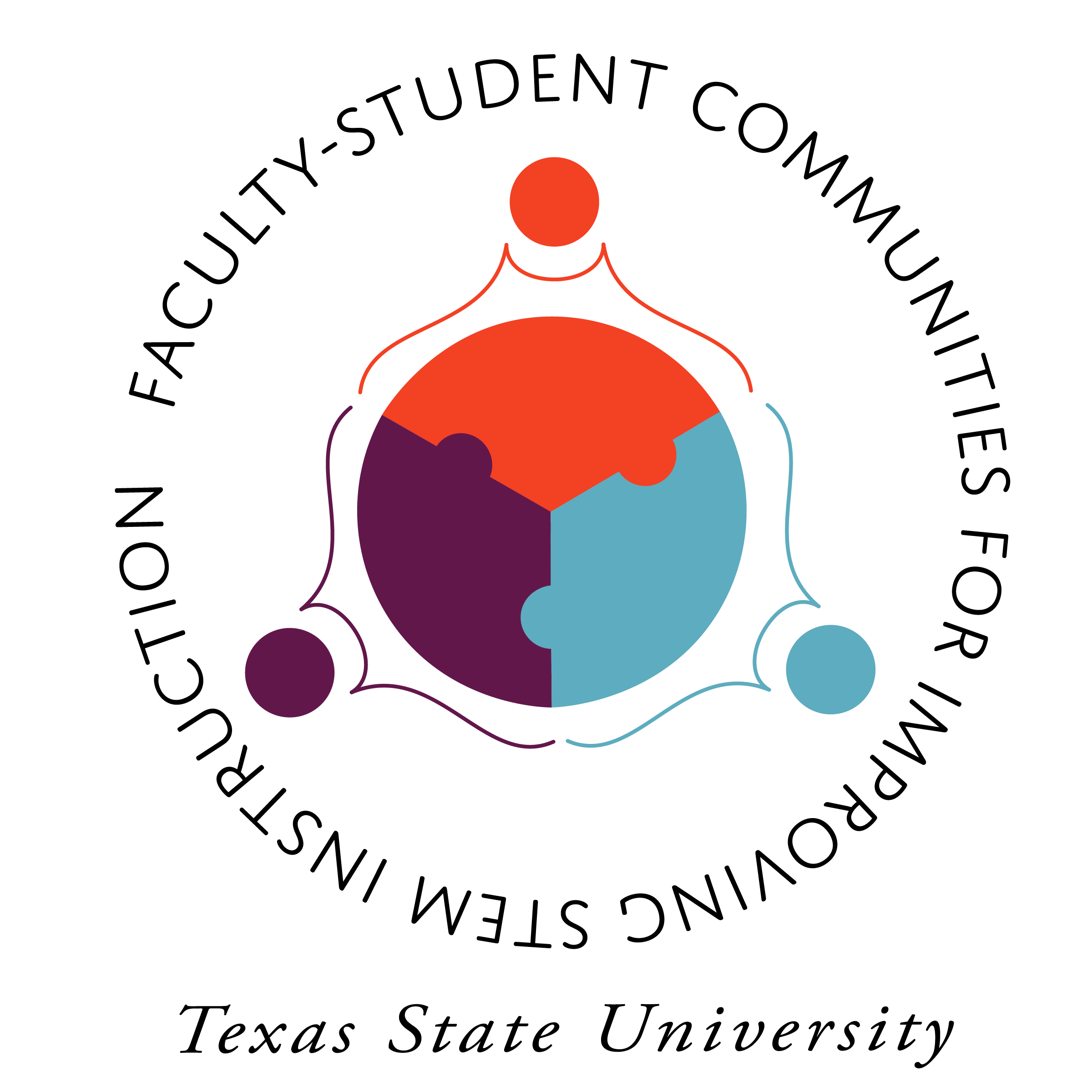

Spring 2022 Newsletter
This issue of the STEM Communities Project newsletter includes project updates, faculty and student spotlights, an introduction to our new Learning Assistant Advisory Committee, and information about professional development opportunities for faculty.
HSI Roundtable with Sen. Cornyn
Representatives from the STEM Communities Project and the Office of Research and Sponsored Programs participated in a roundtable discussion about federal support for Hispanic-Serving Institutions with U.S. Senator John Cornyn. The roundtable was featured in an Austin-American Statesman article.
Candace Mora, a student at Texas State, said a learning assistant helped her with her coursework when she was having a difficult time with online classes last year. Now she works as a learning assistant and aims to show students that they also can succeed in difficult STEM courses.
“We're able to have students come into a safe space, safe classroom and safe environment,” Mora said. “No matter what culture you are in, no matter what background you have, you get to come in and ask questions about homework or certain questions you have about the class. And we're there to truly help inspire.”
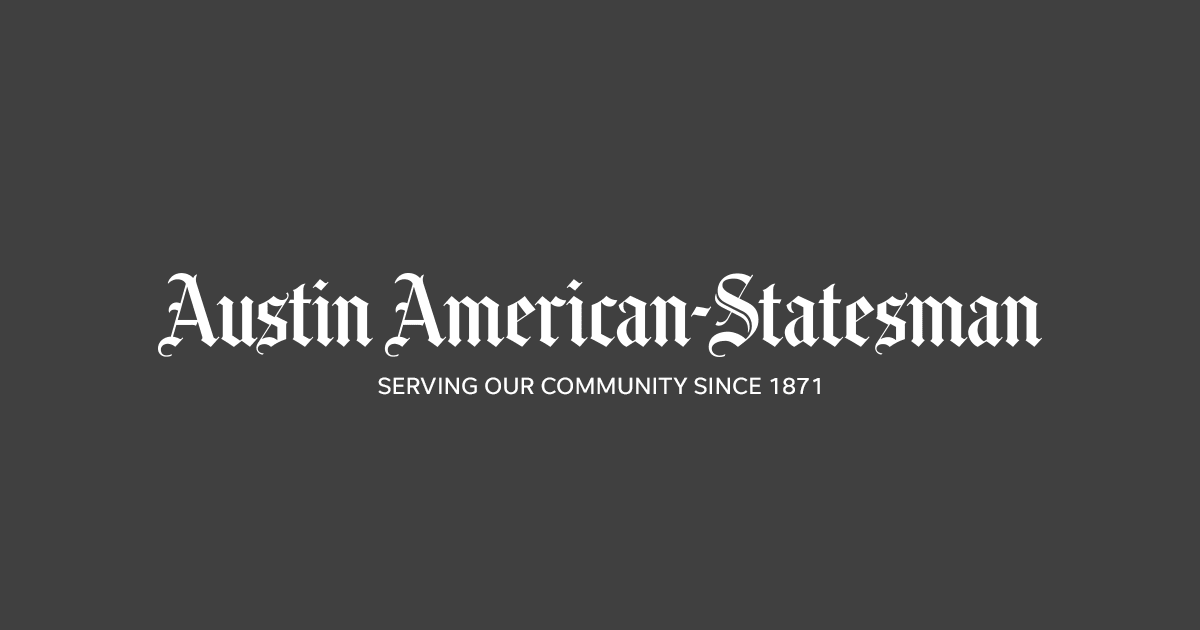
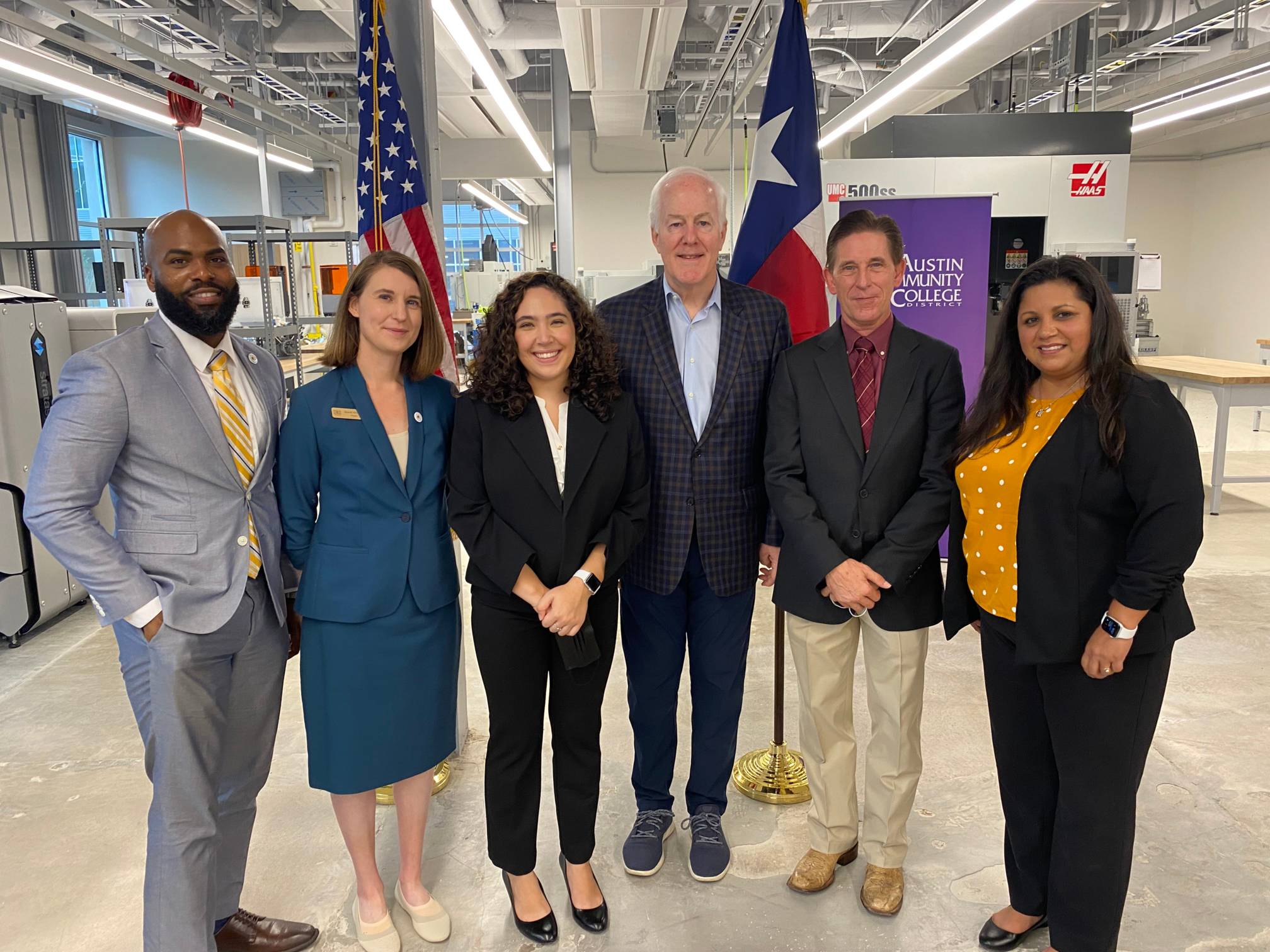

Fall 2021 Newsletter
This issue of the STEM Communities Project newsletter includes project updates, faculty and student spotlights, information for prospective department teams, and information about professional development opportunities for faculty.
Feature in "Engaging Research"
The STEM Communities Project was featured in the Spring 2021 issue of the Texas State Engaging Research Newsletter.
We are excited about this grant because the work is important, but we have also enjoyed the chance to share our joy in working together with others. The heart of our effort is to support faculty teams to improve instruction and to support the entire community of COSE faculty. During this strange time of remote teaching, working together is more challenging and more important than ever. We hope to see all COSE faculty at one of our future events.
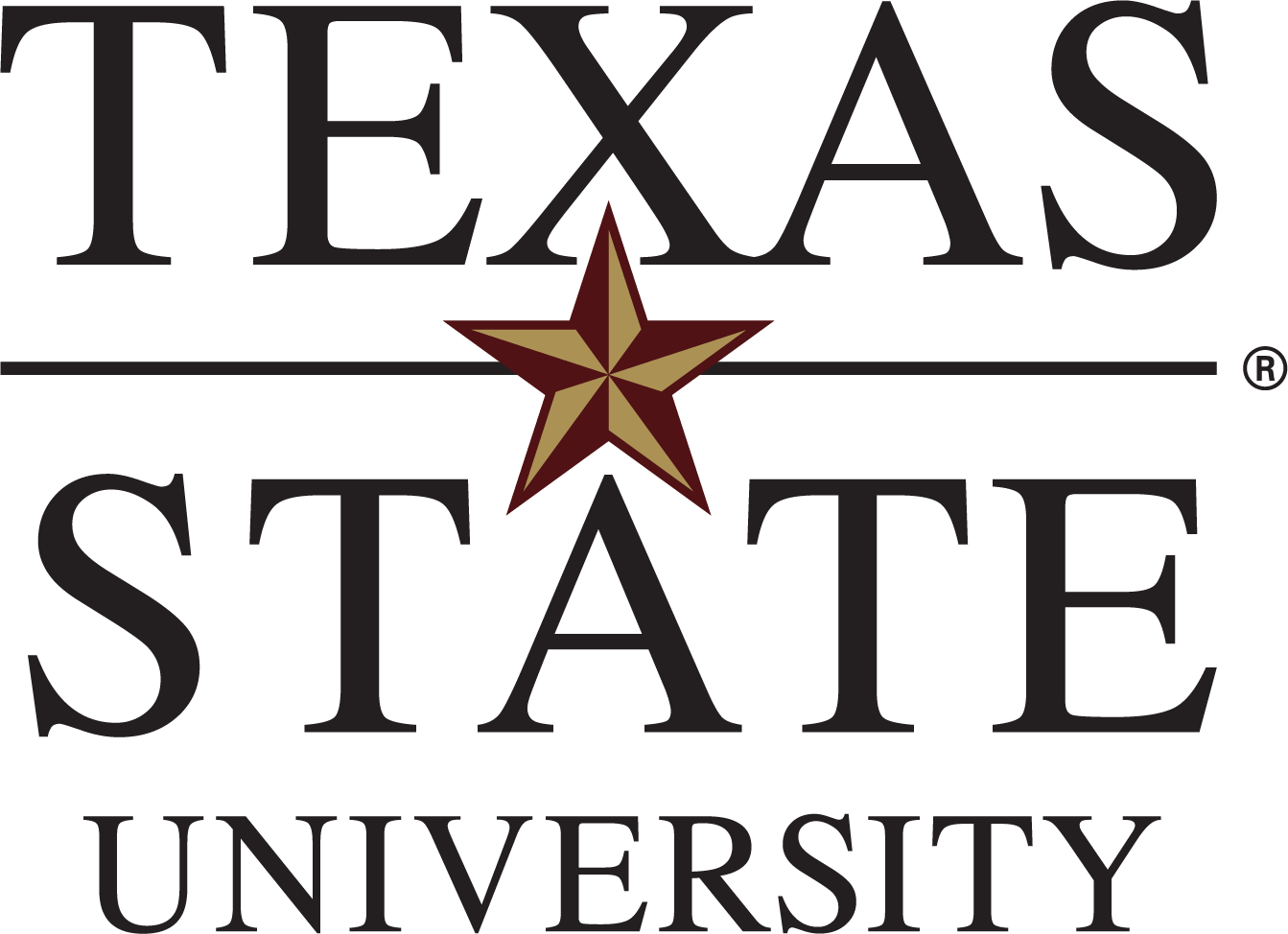
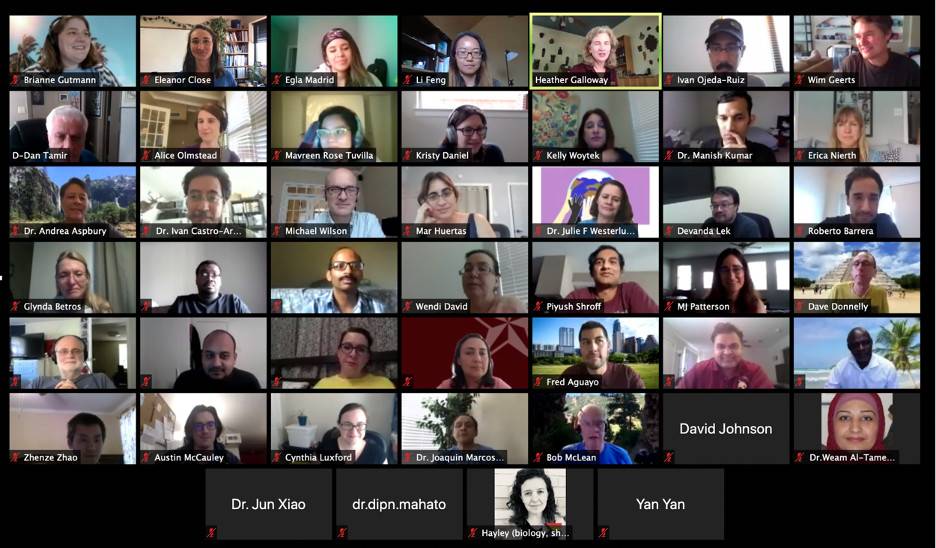
Feature in "Year in Review"
The STEM Communities Project was featured in the 2020 “Year in Review: High-Impact Research at Texas State University.”


Fall 2020 Newsletter
This first issue of the STEM Communities Project newsletter includes project updates, faculty and student spotlights, information for prospective department teams, and information about professional development opportunities for faculty.
2020 STEM For All Video Showcase
Our 3-minute video about the STEM Communities Project was included in the 2020 NSF STEM For All Video Showcase. The video has been viewed by over 300 visitors in over 100 locations.
Watch the video and read the discussion
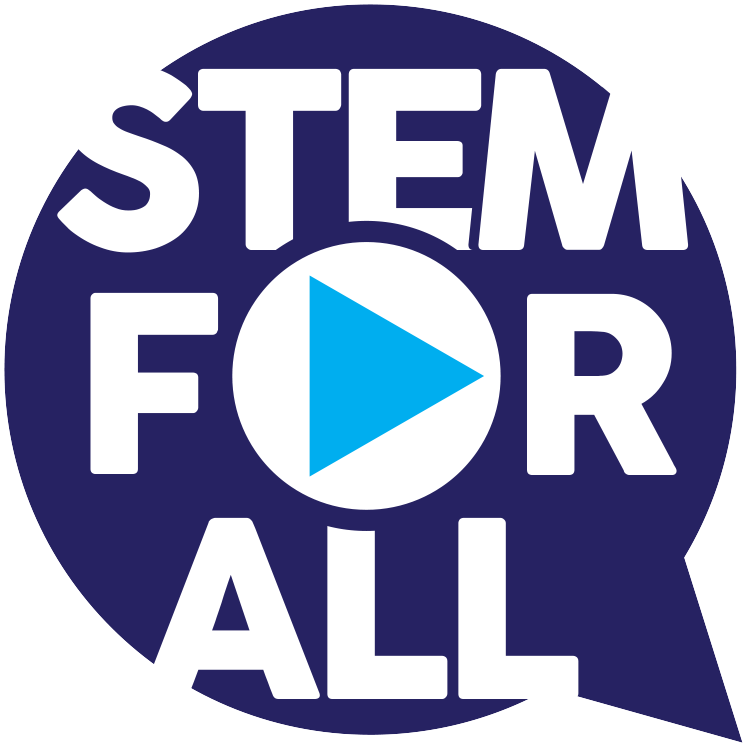

Change Theory Summary
The STEM Communities Project is featured in a change theory summary for the Accelerating Systemic Change Network written by one of our project co-PIs. The goal of this resource is to provide individuals interested in or currently involved in change efforts in higher education with summaries of change theories, how the theories have been used in the context of STEM higher educational change, and key information and references.
Feature in KSAT News
The STEM Communities Project was featured in a KSAT-12 news article "Texas State University receives $2.5 million grant to advance research in STEM: Project focuses on partnerships to reshape courses," which marked the start of this grant. PI Dr. Heather Galloway and co-PI Dr. Cynthia Luxford were both quoted in the article.
[W]e're starting with the departments doing a really critical self-assessment looking at what are their needs. What are they doing really well? What do they have to share with the rest of campus and then what things can we help them to develop further and improve," Galloway said.
This article is no longer available online.

